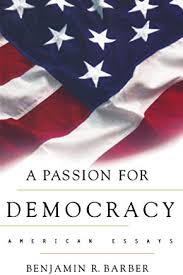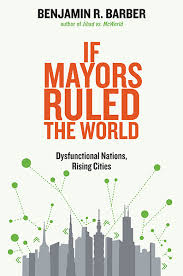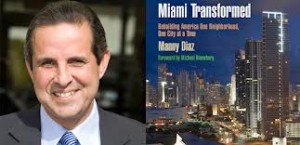Barber’s Democratic Passion
Benjamin Barber (1939 – 2017) was an extremely influential scholar and political theorist. Prolific, insightful and super smart, his writing tends to work on two levels. First, he makes erudite and well-grounded arguments. Barber was an emphatic advocate of strong democracy. That theme, his commitment to democratic thinkers such as Rousseau and Jefferson, and his desire to democratic values advance, is consistent.
Simultaneously, Barber’s writing is studded with brilliant observations, asides and comments. He saw things, noted trends and reasons, and they often stop me in my tracks. In fact, I can find these more remarkable than the big picture arguments.

Recently I spent a few hours reading a collection of Barber’s essays, A Passion for Democracy: American Essays. Published in 1998, the book contains works that are even older; the volumes are from a different time. There’s no internet – Barber was a keen student of technology – and many of the references and concerns now seem like distant memories. We don’t worry about the Soviet Union or shopping malls today. Questions of equality and rights are woven throughout. It was a different time.
And yet – and this is what I admire about Barber – there is much to learn from him. He notes the relationship between strong leaders and weak citizens. He forecasts the splintering of viewpoints through new technologies. He notes how the market can censor. Barber repeatedly calls for citizenship, an active and informed people, as the best bulwark of rights, opportunity and justice. These are timely and relevant, still today.
Taken as a whole, I think of the essays in the volume as bright spot lights on particular issues. The light emerges from a hard to locate place – and time – but what it reveals, it does so well and with great clarity. The challenge is that unless one is familiar with what’s under the spotlight, context and relevance may be a problem. I would wager that this volume would have more immediate connection to an older reader, or perhaps someone keen on understanding the 1980s and 1990s when it comes to politics and political issues. Nevertheless, there’s some real wisdom in this.
Barber’s voice is missed. We would be better-informed and wiser if he was alive and writing today.
David Potash

